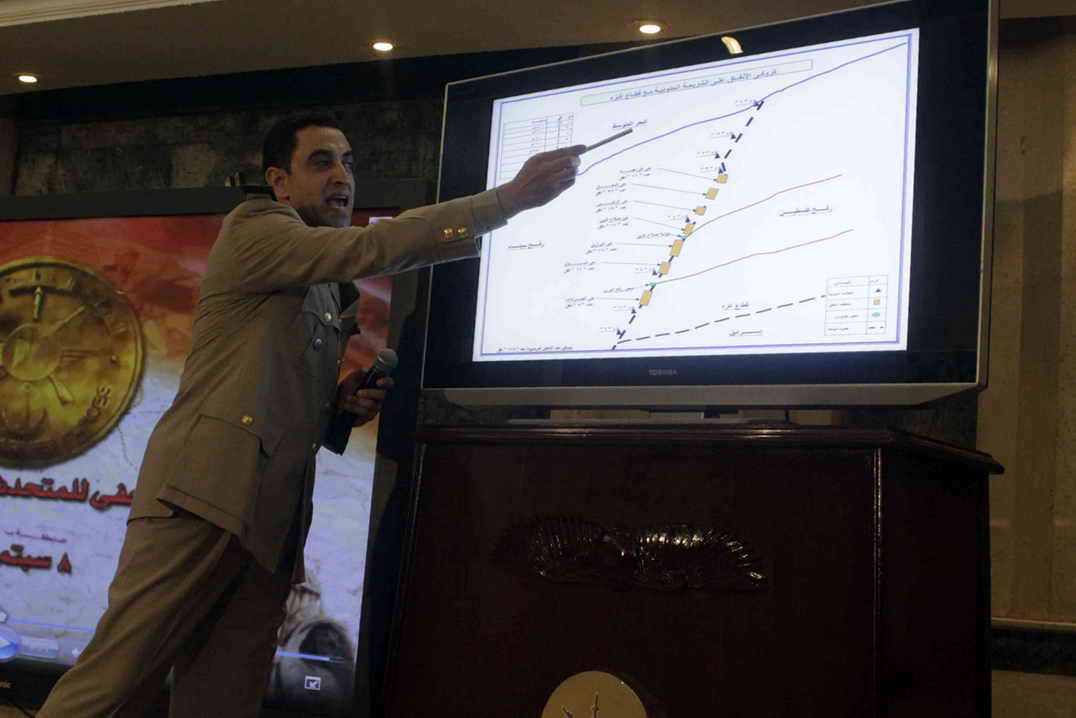Ethiopia’s Prime Minister Abiy Ahmed rejected, on Saturday, “aggression of any kind, nor does the country give recognition to rights that are entirely based on colonial treaties”. Ahmed also renewed his country’s move to finalise the construction of the Grand Ethiopian Renaissance Dam (GERD).
The Ethiopian Prime Minister’s office issued a statement responding to US President Donald Trump’s comments that Egypt may destroy the GERD.
The statement reiterated the African state’s commitment to peaceful resolution of the GERD dispute based on cooperation, non-interference, mutual trust and the principle of equitable and reasonable utilisation.
Ahmed described the GERD construction as “an affirmation of Ethiopia’s commitment to equitable and reasonable utilisation of the Blue Nile River”.
“Occasional statements of belligerent threats to have Ethiopia succumb to unfair terms still abound,” the Ethiopian statement said, “These threats and affronts to Ethiopia sovereignty are a misguided, unproductive and clear violation of international law.”
“You can’t blame Egypt for being a little bit upset,” Trump said during a call with Sudan and Israel’s leaders, celebrating starting diplomatic ties between the Arab country and Israel on Friday.
“It’s a very dangerous situation, because Egypt is not going to be able to live that way,” the president said, “They are going to end up blowing up that dam … they will blow up that dam.”
Trump pointed to the latest US measures against Addis Ababa, which includes the cutting off of millions of US dollars in aid to Ethiopia, after the latter broke a deal to resolve the GERD dispute.
Ethiopia claimed that the negotiations with Egypt and Sudan have shown significant progress since the African Union (AU) seized the matter as a manifestation of Africa’s capability to respond to its problems.
Early in October, the Ethiopian authorities banned all flights over the GERD area, “for security reasons”. The move came as the Ethiopian president pledged its inauguration within a year.
Moreover, Ethiopia’s Air Force Commander Brigadier General Yilma Merdasa was quoted as saying that his country is “fully prepared to defend the dam from any attack”.
Egypt fears the Ethiopian dam could threaten its own 55bn cbm share of the River Nile’s water, although Ethiopia insists that the project will not negatively affect Egypt’s interests. Water from the River Nile makes up more than 90% of Egypt’s water supply.
The current per capita share of water in Egypt is around 570 cbm annually, way below the threshold of water poverty (1,000 cbm/year per capita), according to the World Bank.
Both Egypt and Sudan also have other fears over the dam’s security and safety, due to its location in an active geologic region which puts it at risk of earthquakes or mass floods.
Egypt’s President Abdel Fattah Al-Sisi has previously said, “As Egypt appreciates Ethiopia’s right to development, Ethiopia must understand that the River Nile is Egypt’s lifeline.”



